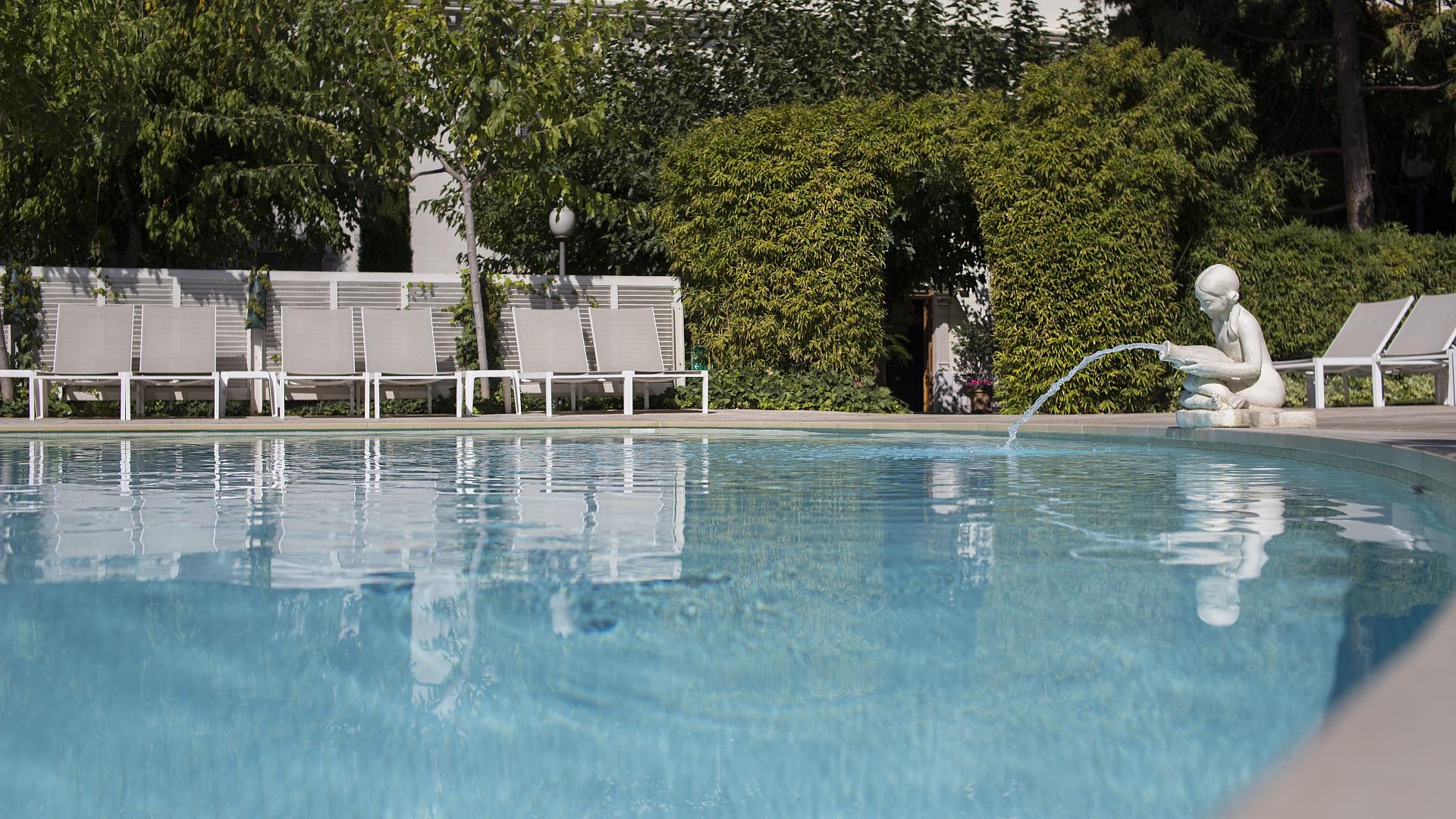History of Hotel Balneari Prats
In Caldes de Malavella, Hotel Balneari Prats stands as a living testimony of the region's rich historical heritage. From its beginnings in Roman times, when it was known as "Aquis Voconis" or "Aquae Calidae", to becoming the elegant spa it is today, this place has been a sanctuary of healing and rejuvenation.
Discover how this enclave, with its history steeped in tradition and transformation, has evolved to offer its visitors a unique experience of well-being and serenity.
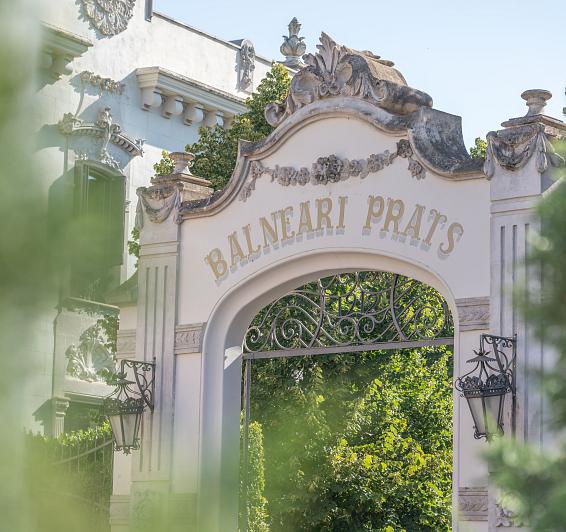
The legacy of Hotel Balneari Prats:
Since time immemorial, the hot springs of Caldes de Malavella have attracted pilgrims and travelers in search of their healing properties.
Throughout the centuries, from the Roman settlement to the flourishing bourgeois era of the 19th century, Hotel Balneari Prats has been a refuge for those seeking to heal and rejuvenate.
Today, this historic spa and hotel continues to welcome visitors from around the world, providing a family-friendly and peaceful atmosphere that invites rest and revitalization.
The legacy of Hotel Balneari Prats: A thermal treasure throughout the centuries
Since time immemorial, the hot springs of Caldes de Malavella have attracted pilgrims and travelers in search of their healing properties. Throughout the centuries, from the Roman settlement to the flourishing bourgeois era of the 19th century, Hotel Balneari Prats has been a refuge for those seeking to heal and rejuvenate. Today, this historic spa and hotel continues to welcome visitors from around the world, providing a family-friendly and peaceful atmosphere that invites rest and revitalization.
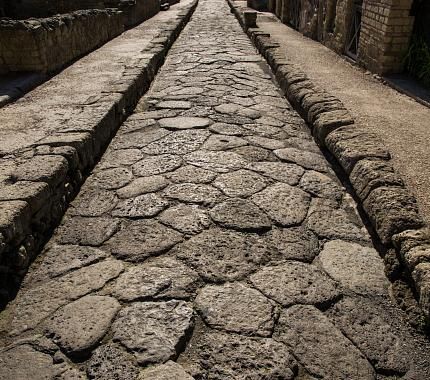
Passage area of the Via Augusta, Caldes de Malavella became a place of pilgrimage in Roman times, due to the recognition of its thermal waters. With the name "Aquis Voconis or Aquae Calidae", it became a center of settlements in the 2nd century BC where the healing properties of its waters were enjoyed.
Later, thermal centers were established in the springs of “Puig de les Ànimes” and “Sant Grau” hill to carry out hydrotherapeutic cures.
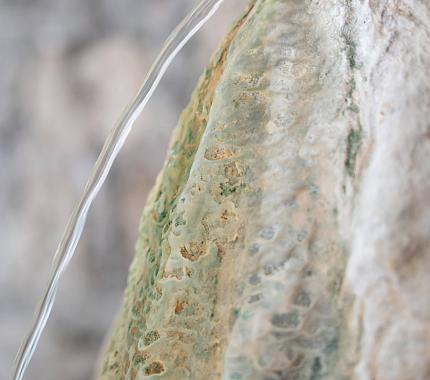
The fall of the Roman Empire and the Visigoth and Saracen invasions led to the depopulation of Caldes. With the arrival of the Franks, the old town would be repopulated through a system that allowed peasants to be masters of their lands, a fact that would be modified with the beginning of feudalism in the 11th century, and that James I would revoke.
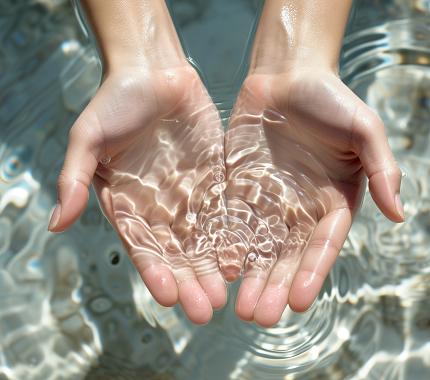
The town lived off agricultural work until the 15th century when the healing effect of the thermal waters was confirmed at the poor hospital itself, built on ancient Roman baths. After the War of Succession, the 18th century gave rise to a period of growth with the recovery of the town's thermal activity.
